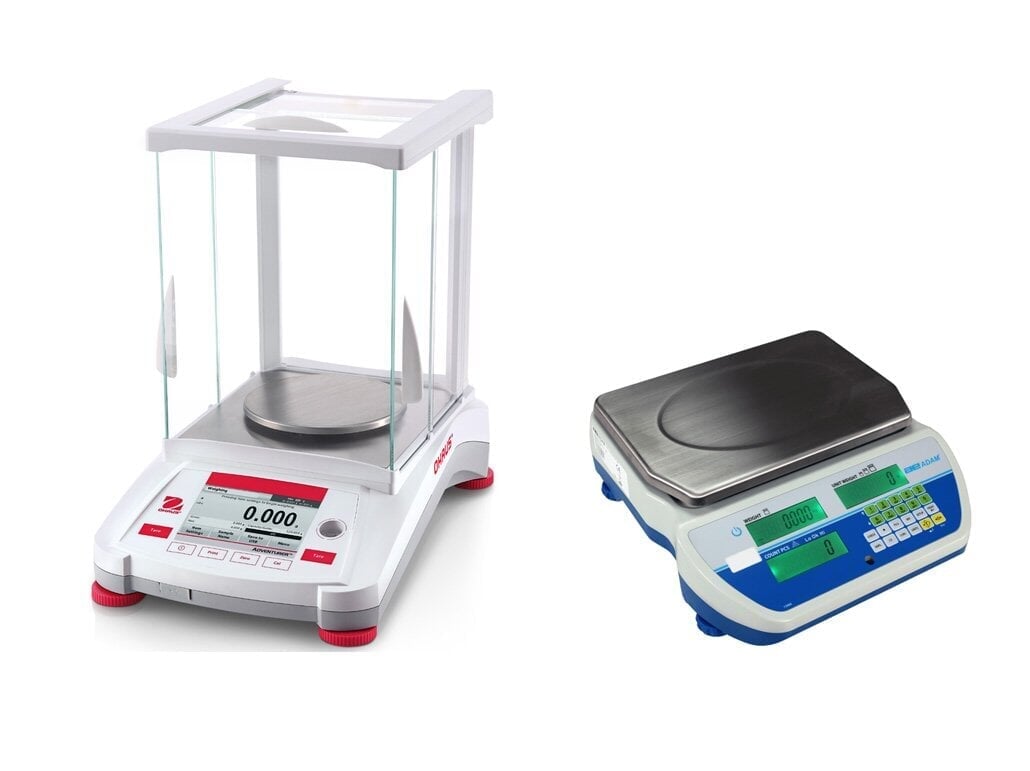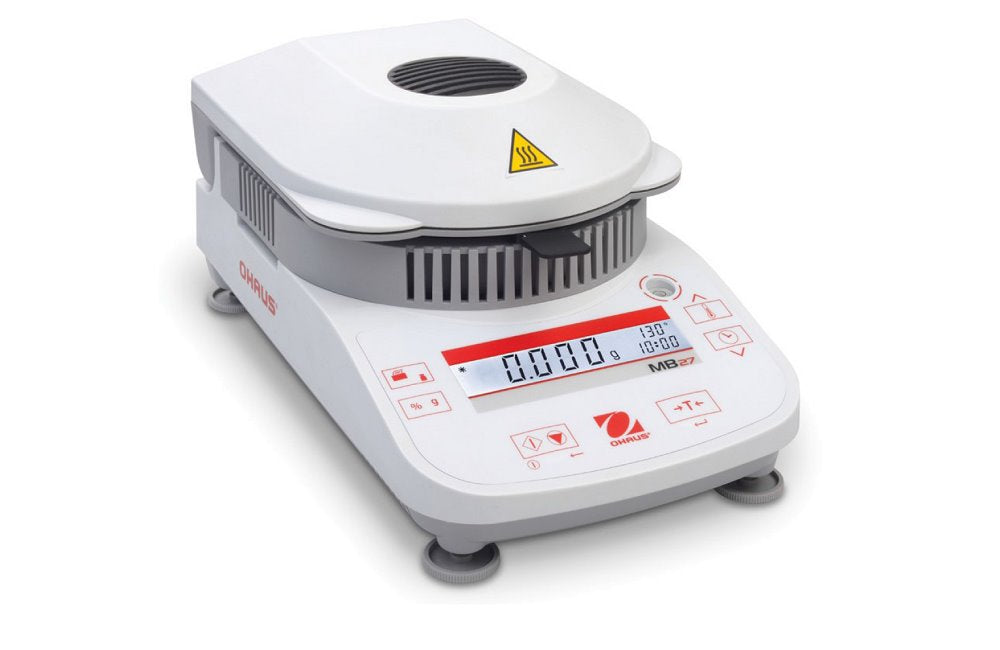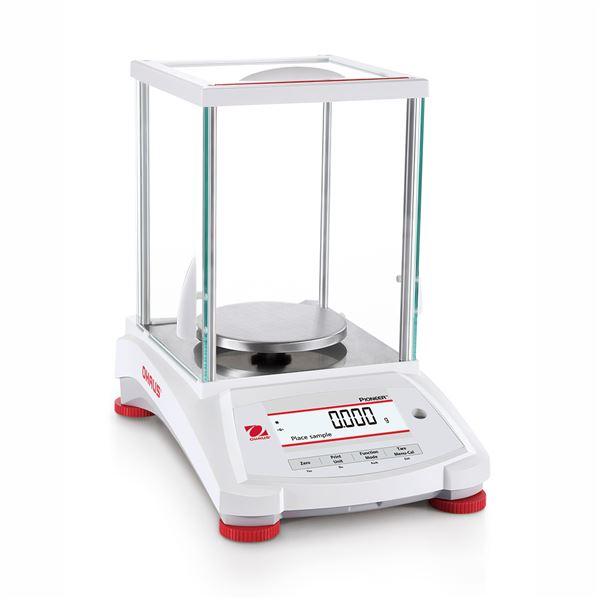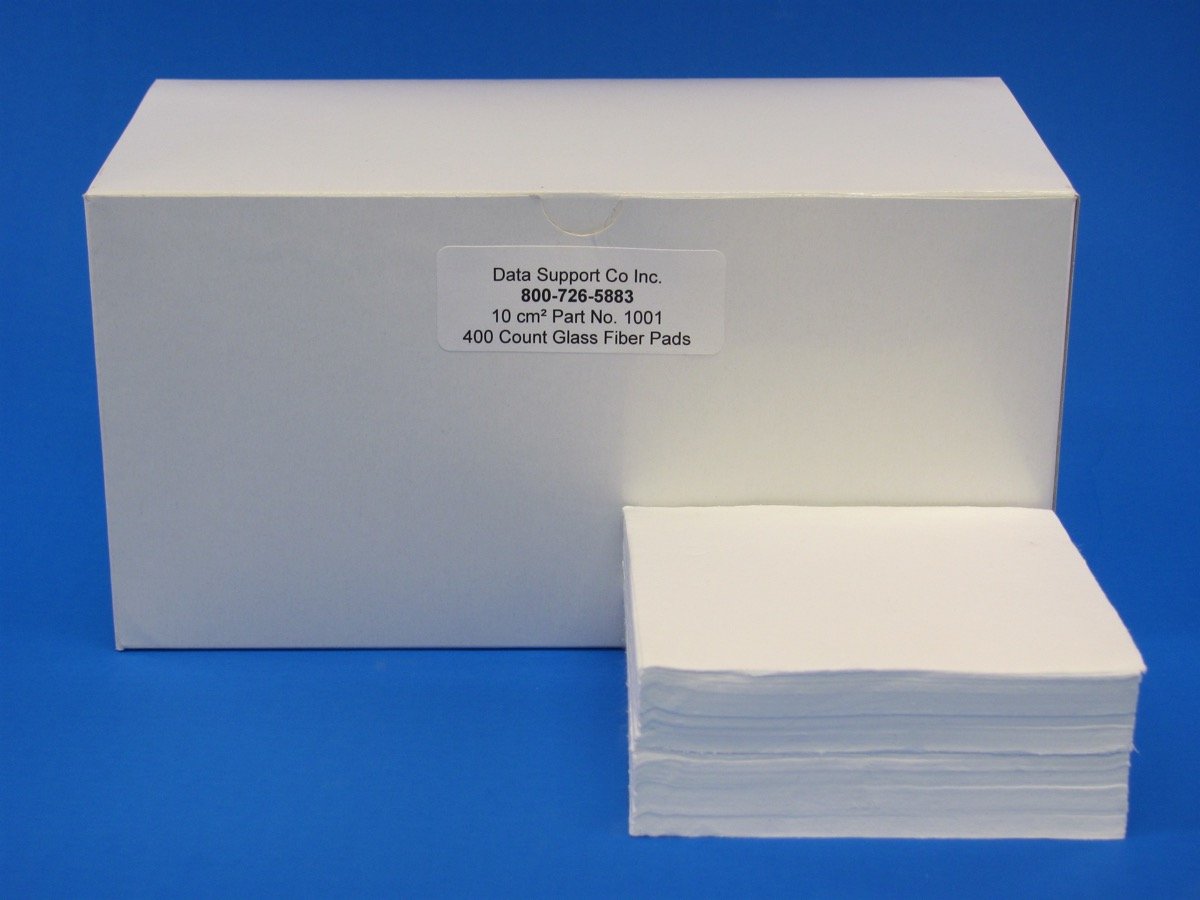While balances and scales serve different purposes, many people are confused by the terminology and the differences in their characteristics.
Balances and scales are tools used for measuring mass and weight, respectively, with balances providing high precision for laboratory uses through comparative measurements, and scales offering practical weight assessments through mechanical or electronic means in everyday scenarios.
What makes matters worse is the number of manufacturers who label their own products incorrectly, sometimes using the terms interchangeably.
That’s what we hope to change with this post as we dive into the differences between balances and scales, and more importantly, which one will serve your needs best.
So without any further ado, let’s dive in and find the right weighing machine for you.
Balances vs Scales: Quick Comparison
Balances and scales differ primarily in terms of what they actually measure.
Balances have been used since ancient times to compare the unknown mass of an object to a known mass. The way it works is that gravity pulls both objects equally, hence the difference is canceled out and you’re left with a pure mass that is constant regardless of location.
Scales, on the other hand, measure the weight of an object, which is the mass multiplied by the gravitational acceleration. As the pull of gravity varies across different locations, the weight of the object changes accordingly.
That’s all you need to know as far as science is concerned. So let’s shift our focus towards practical applications.
A scale measures weight by determining the force exerted by an object, while a balance measures mass by comparing an unknown mass to a known one. The difference between a scale and a balance lies in their principle of measurement—scales quantify weight, whereas balances assess mass.
Which One Should You Get?
While there’s a huge variety of scales and balances out there, scales are generally considered to be less precise than balances on average. However, that doesn’t mean a balance is always the better choice.
The right choice actually boils down to understanding your specific requirements and comparing them to the options you have at your disposal.
To get started, you need to consider the following three factors:
1. Readability
How important is readability, and ultimately precision for your application?
For example, the weighing requirements of a scientific laboratory are far more sophisticated than a retail vendor and thus require a higher degree of precision.
The more sophisticated your measurements and the more precision you need, the more likely a balance is what you’re looking for.
2. Capacity
Consider the range of weight you’ll be measuring regularly, and it will give you a good idea of the capacity you need.
For example, weighing jewelry doesn’t require much capacity whereas weighing meats or building materials will require a lot more.
While both scales and balances come with a wide variety of capacities, scales are generally ideal for higher capacities, especially when you need just 1 or 2 decimal places readability.
3. Cost
Based on the above two factors, it might seem like balances are an obvious choice since they’re more precise and can also handle a decent amount of weight in some cases.
The bad news, however, is that with precision and sophistication comes a huge uptick in cost.
Generally speaking, balances are considerably more expensive than scales because of the enhanced features. As such, they are typically used by scientific professionals.
The Right Weighing Machine
At the end of the day, the right weighing machine for your needs is one with an ideal balance of the above three factors based on your specific needs.
To make things easier for you, here are our recommendations:
- For analytical chemistry, materials testing, and other sophisticated and high precision applications, we recommend going with a Precision Balance or an Analytical Balance.
- For weighing construction materials, parcels, food products, and other applications where ultra-precise measurements are not necessary, we recommend going with a Weighing Scale.





